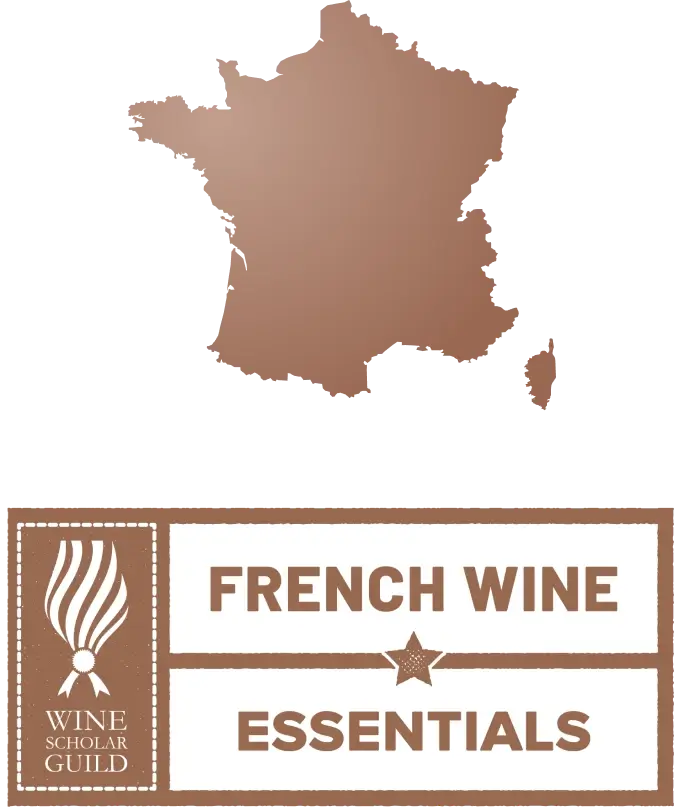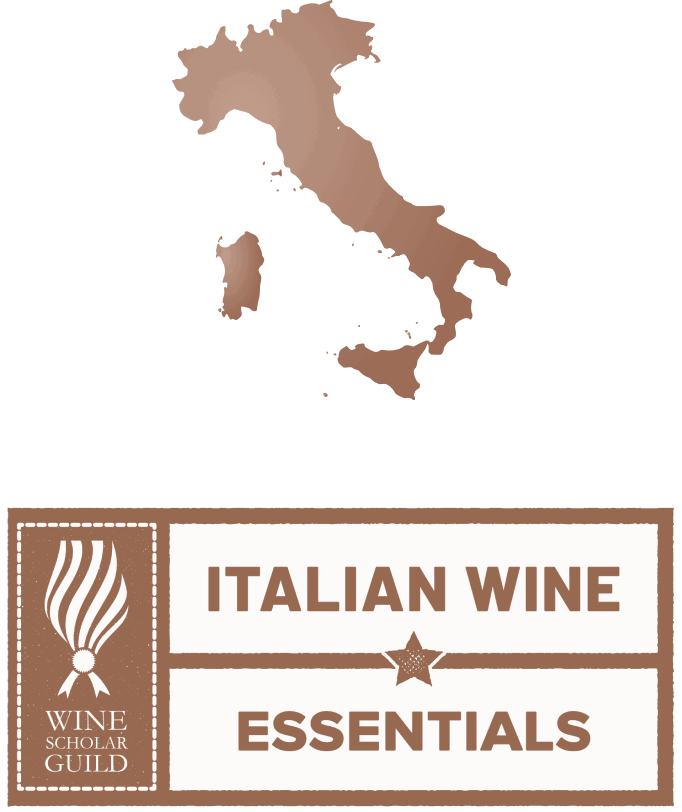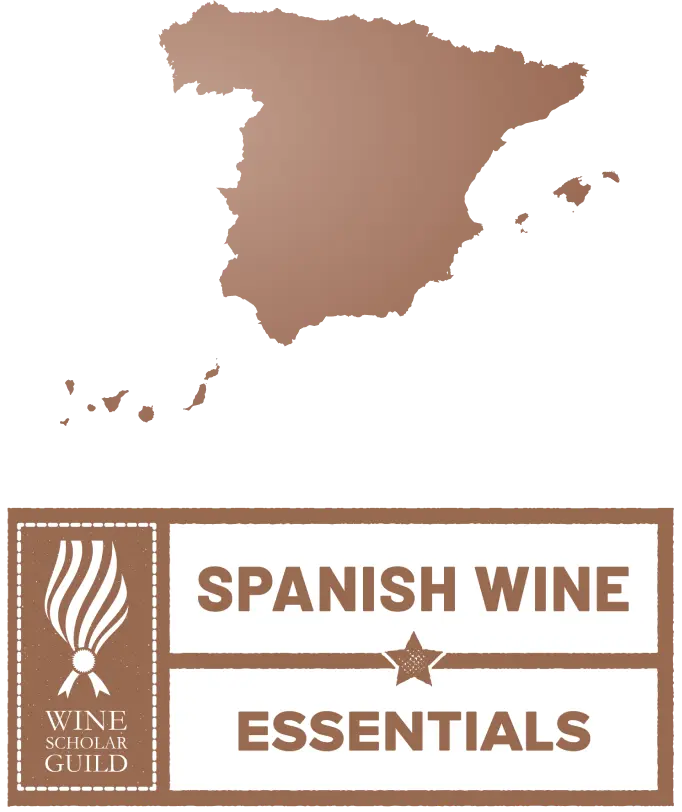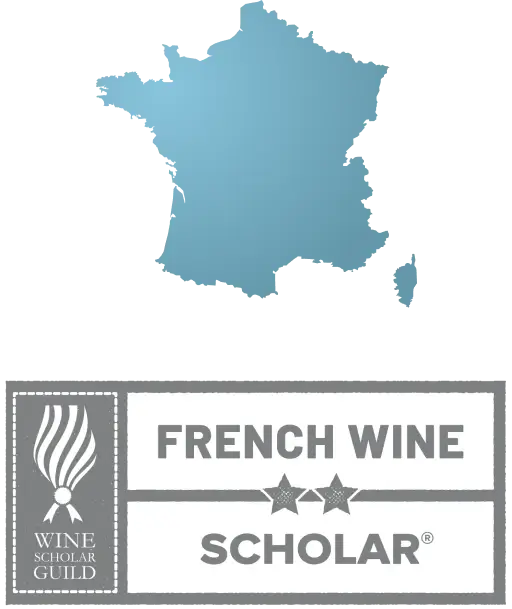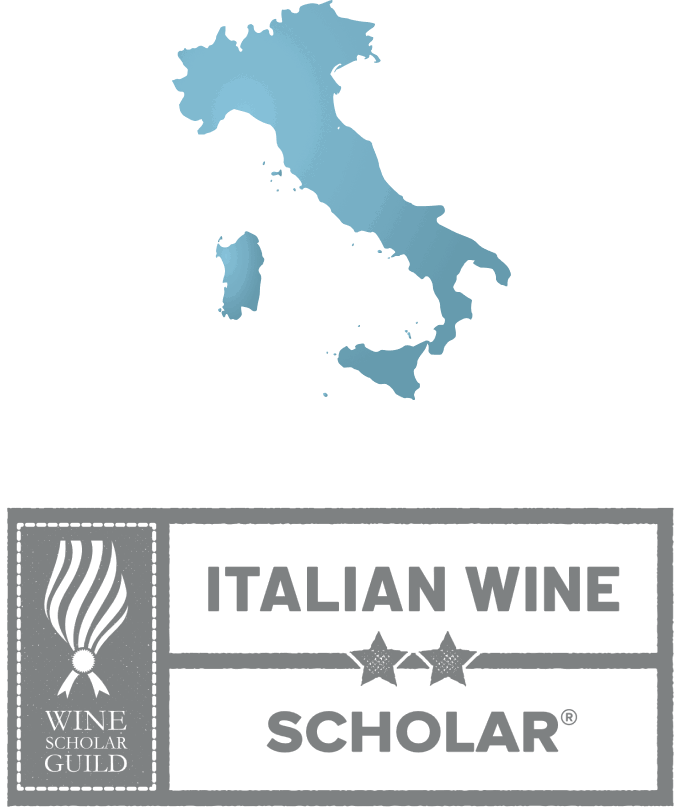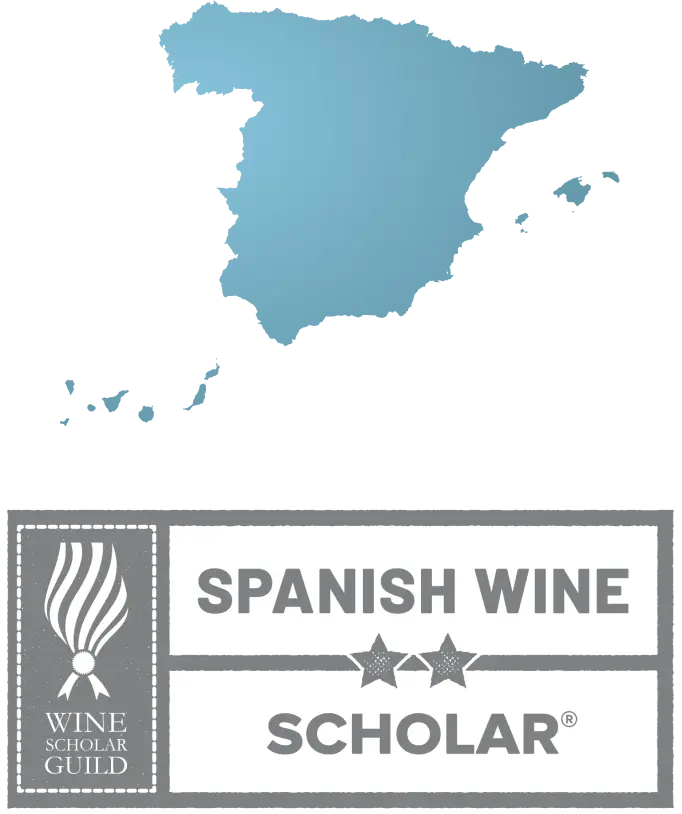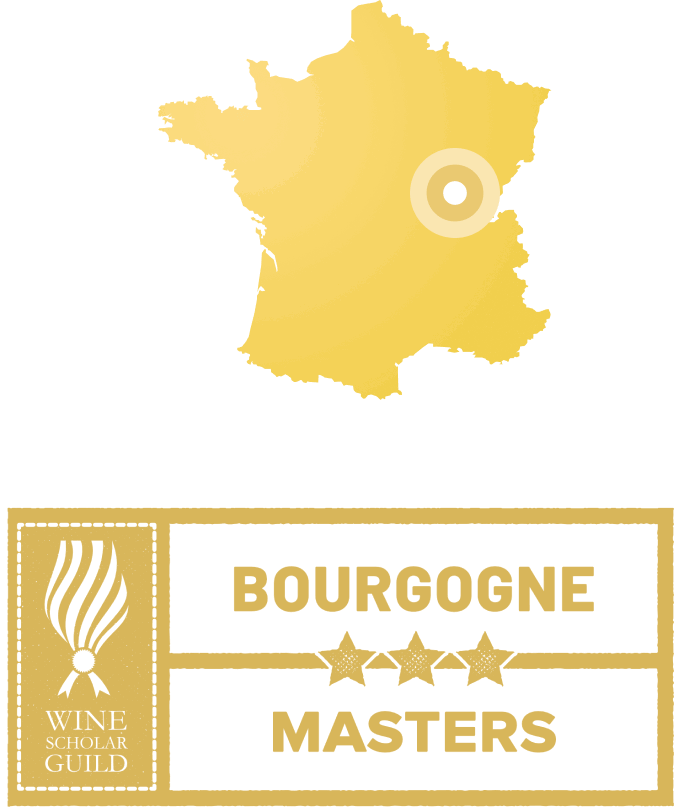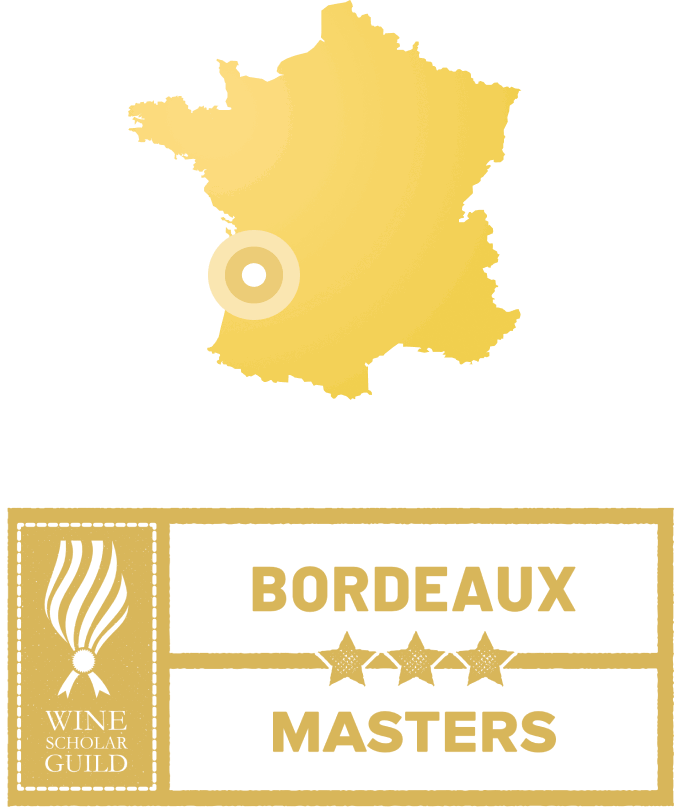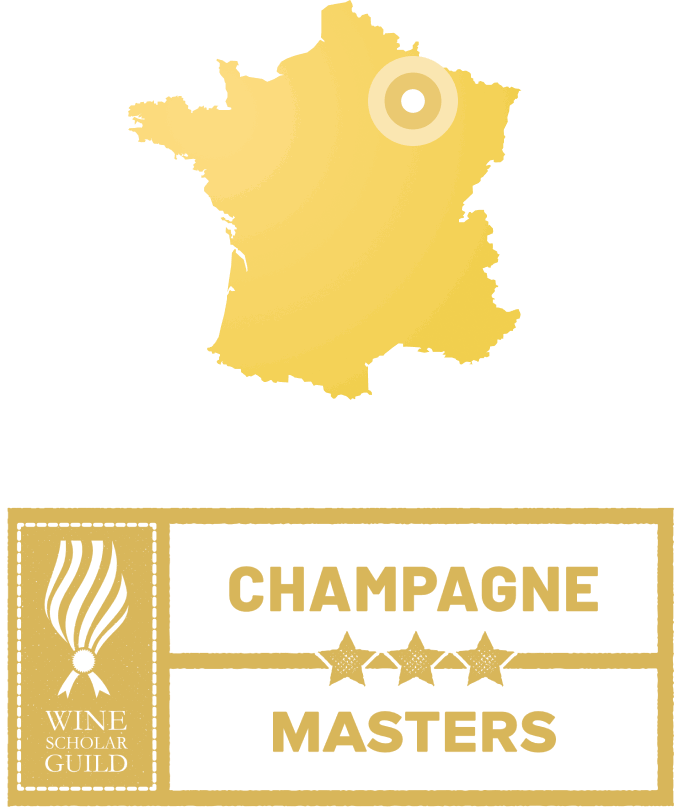Certifications
Essentials Certification Programs
WSG Essentials certification programs provide aspiring wine professionals and inquisitive enthusiasts with a solid foundation on the wines of France, Italy and Spain. With Essentials, learn the "need to know" regions, grapes and wines in just weeks.
Wine Scholar® certification programs are industry-recognized wine courses that provide current, accurate and in-depth information on the wines of France, Italy and Spain. They are designed for advanced students of wine, whether professionals or serious wine enthusiasts.
Masters Certification Programs
WSG Masters programs set the industry-standard for specialized wine certification. Students gain critical thinking skills and a working knowledge of the history, business, cultural, viticultural and winemaking factors that make up the most celebrated wine regions.
Specialty Courses
WSG Specialty Courses provide all curious students of wine the opportunity to obtain detailed knowledge and proficiency on a particular theme. These topical courses are designed to provide accurate and up-to-date theoretical and practical knowledge in a short time frame. These wine courses are easy to integrate into your busy schedule.

284 global graduates
May 6 & 10 or May 13 & 17
$129


